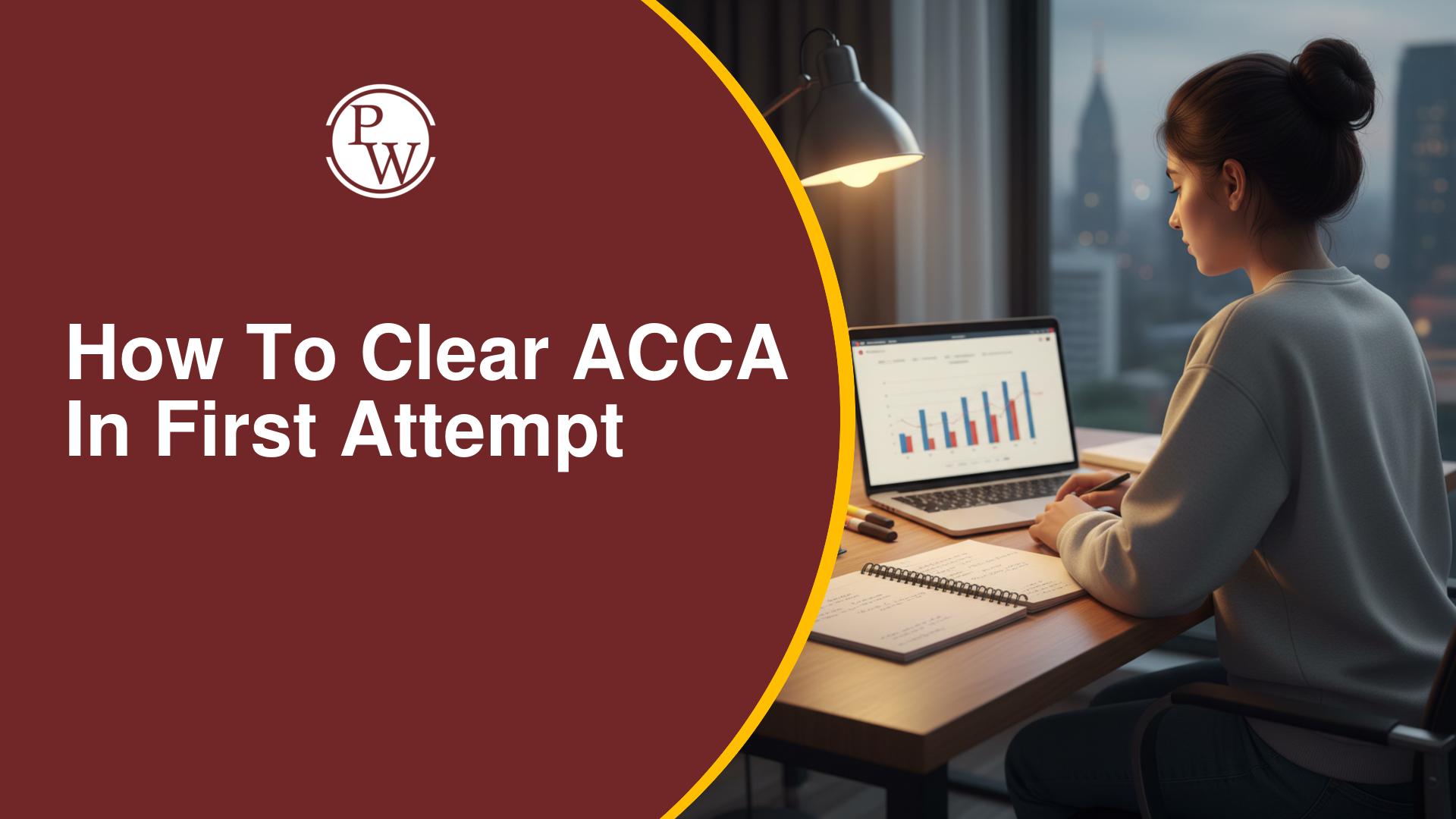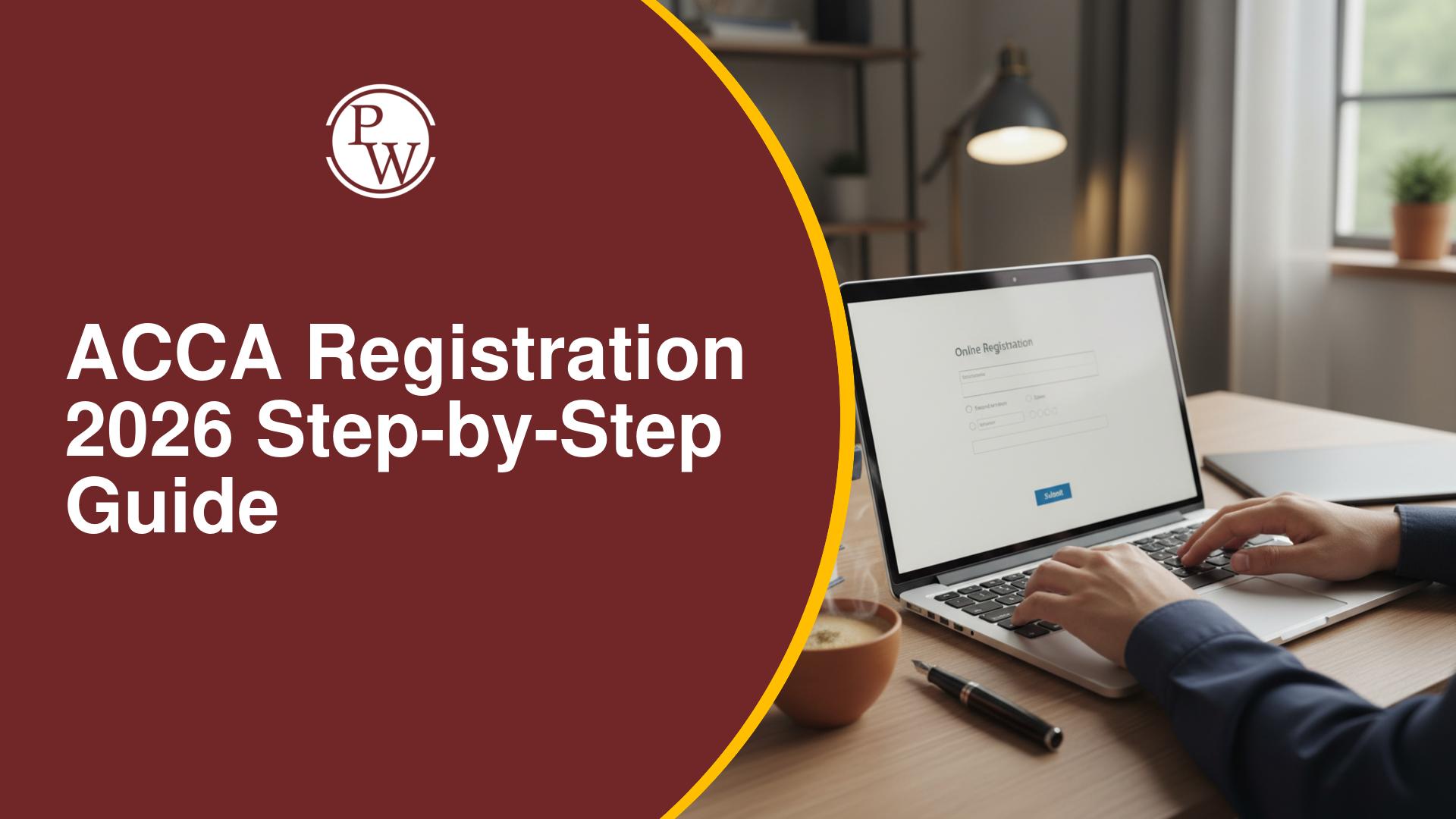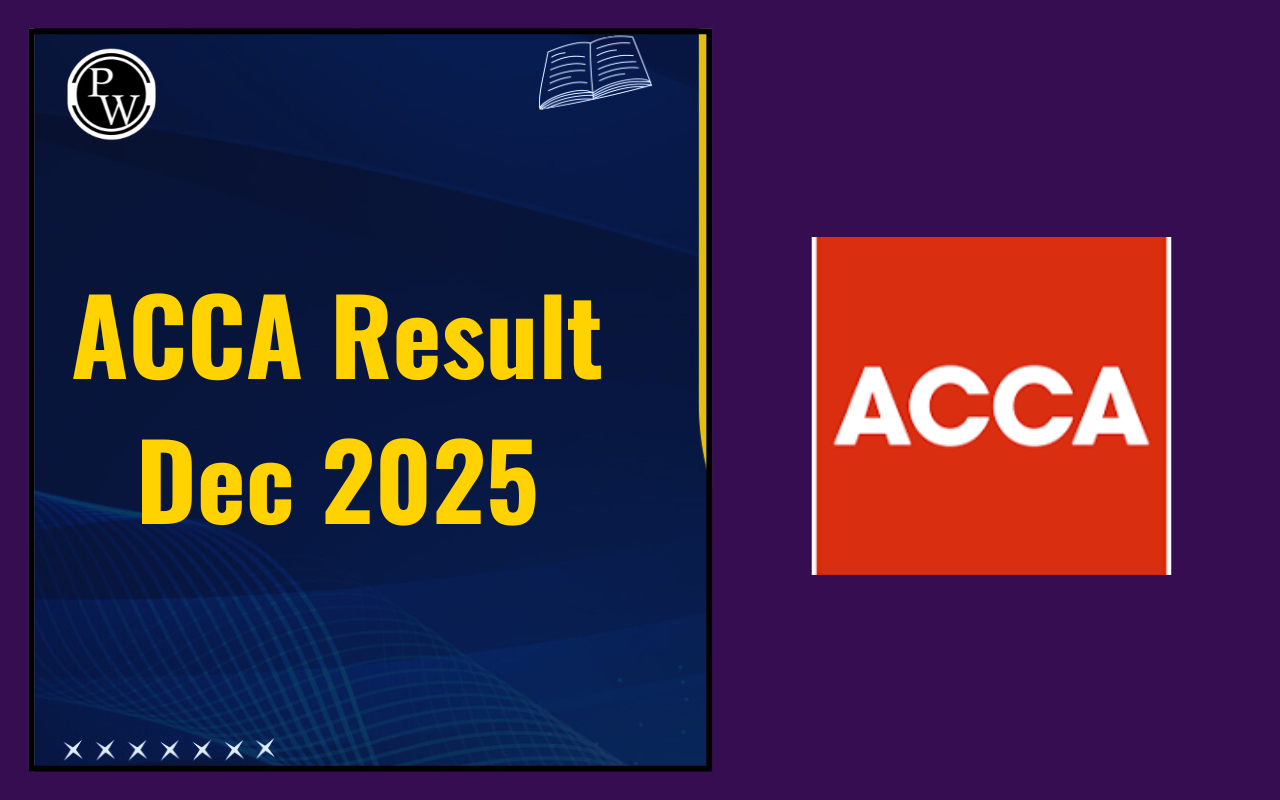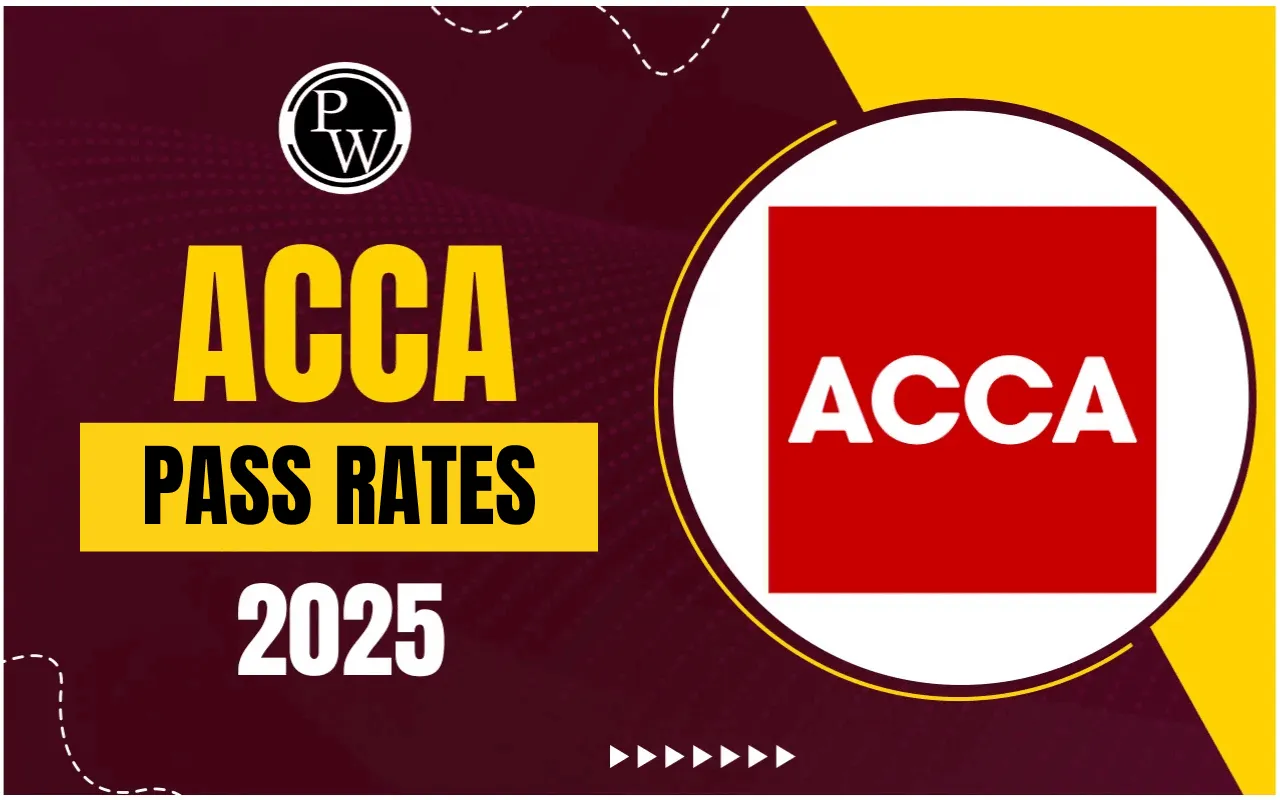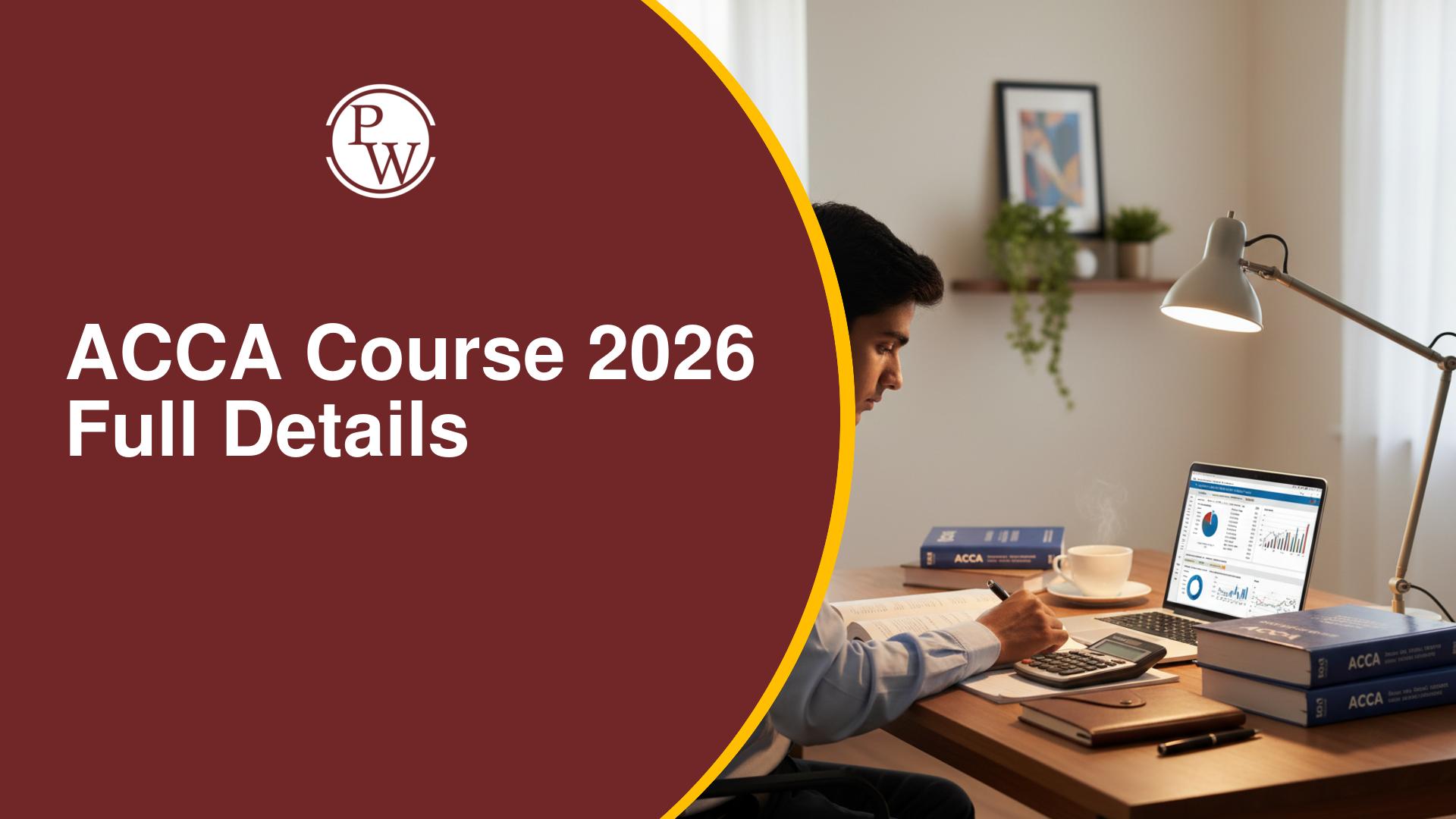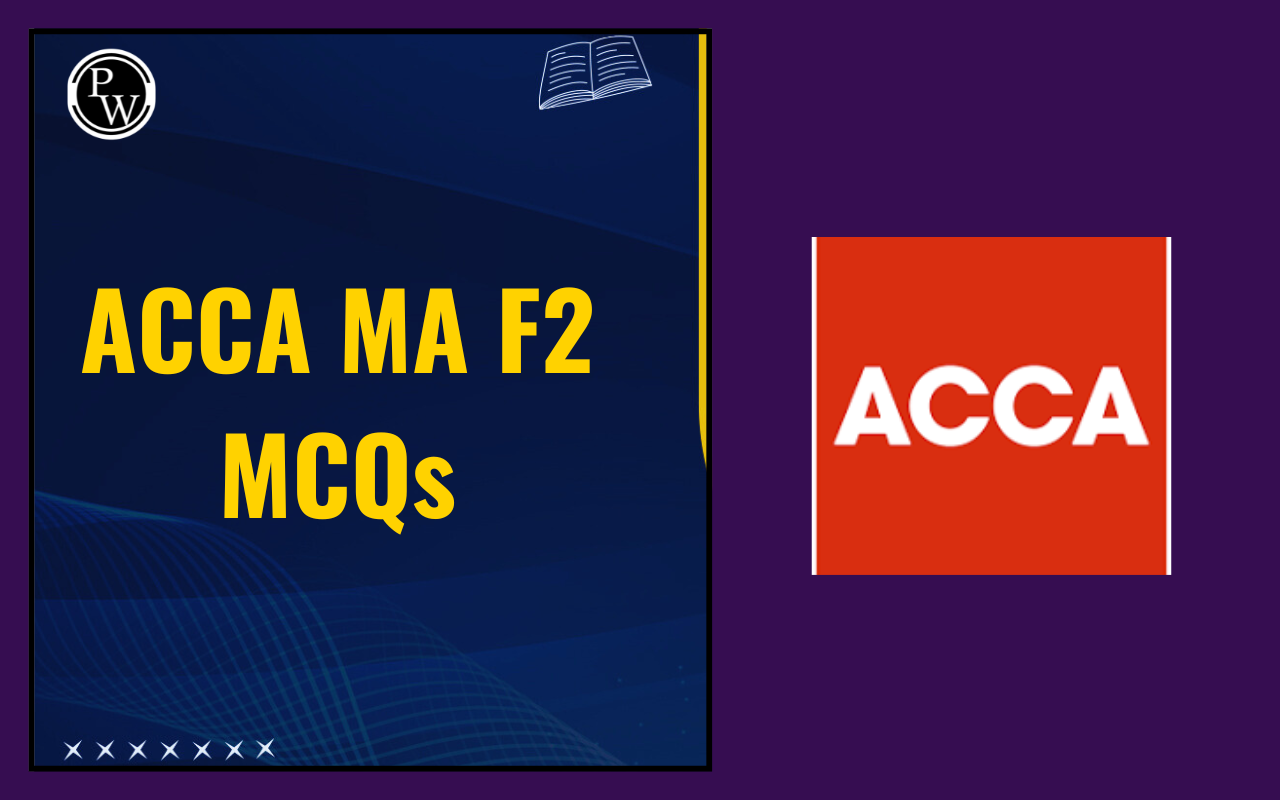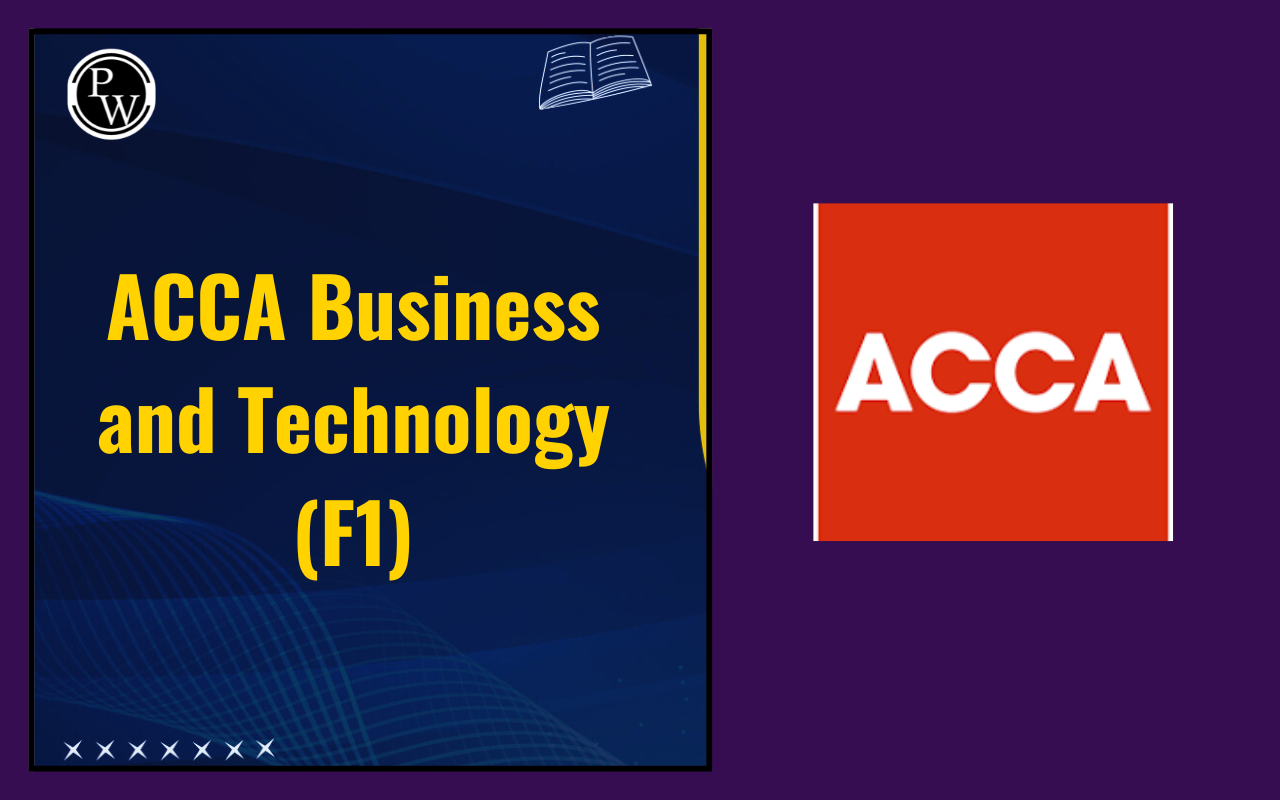
ACCA Advanced Audit and Assurance (AAA) is one of the most challenging exams in the ACCA qualification. It tests not only your knowledge of auditing principles but also your ability to apply them in real-world scenarios. The syllabus covers the audit of historical financial information, assurance engagements, exposure drafts, and emerging developments in auditing.
To excel in this ACCA exam, you need a strong grasp of risk assessment, audit procedures, ethics, and reporting. Success in ACCA Advanced Audit and Assurance requires strategic preparation, critical thinking, and effective time management
ACCA Advanced Audit and Assurance
ACCA Advanced Audit and Assurance (AAA) is one of the most challenging yet rewarding exams in the ACCA qualification. It builds upon the foundational knowledge from Audit and Assurance and Strategic Business Reporting (SBR), requiring students to demonstrate critical thinking, professional judgment, and a deep understanding of complex audit scenarios.
This exam covers the audit of historical financial information, along with other assurance engagements, exposure drafts, and emerging developments in auditing. The syllabus includes single entities, groups, and both private and public sector organizations. To succeed, you must develop strong analytical and evaluation skills, along with a strategic approach to exam preparation.
How to Prepare for ACCA Advanced Audit and Assurance
To excel in ACCA Advanced Audit and Assurance, you need a structured approach that includes utilizing high-quality study materials, mastering exam techniques, and staying updated with auditing developments.
Make Use of ACCA Resources
ACCA provides a wealth of study materials, including technical articles, examiner reports, and past exam papers. Familiarizing yourself with these resources will help you understand examiners' expectations and common pitfalls to avoid. Official ACCA resources are tailored to the exam format, making them essential for effective preparation.
Cover the Entire Syllabus
The ACCA Advanced Audit and Assurance syllabus is vast, encompassing both fundamental and advanced audit topics. Ensure that you have a thorough understanding of risk assessment, audit procedures, professional ethics, reporting, and emerging issues in audit. Leaving any topic uncovered can be risky, as the examiners test concepts from multiple angles.
Learn to Apply Knowledge
Memorization alone is insufficient for ACCA Advanced Audit and Assurance. You must be able to apply theoretical concepts to real-world audit scenarios. This involves analyzing case studies, understanding business risks, and making professional judgments. Practicing past questions will enhance your ability to apply knowledge effectively in an exam setting.
Practice Answering Questions
Practicing full-length exam questions is crucial for ACCA Advanced Audit and Assurance. This will improve your ability to structure responses, manage time effectively, and identify key points. After answering, review your responses against examiner reports to identify areas of improvement. Learning from mistakes is an integral part of success.
Stay Updated on Current Developments
Auditing standards and professional ethics are constantly evolving. ACCA expects candidates to stay informed about recent developments, such as changes in audit regulations, technological advancements, and exposure drafts. Wider reading on current issues will give you an edge in answering scenario-based questions.
How to Tackle the ACCA Advanced Audit and Assurance Exam?
To perform well in ACCA Advanced Audit and Assurance, you must approach the exam strategically by analyzing question requirements, managing time effectively, and applying both theoretical and practical audit knowledge.
Understanding Exam Verbs
The exam commonly includes command verbs such as:
Evaluate
You are required to critically assess a situation, considering both strengths and weaknesses, and provide a balanced conclusion.
Explain
You must provide clear, detailed descriptions of concepts or audit procedures, ensuring that all relevant aspects are covered.
Discuss
This requires an in-depth analysis of different viewpoints, implications, and the rationale behind a particular approach.
Understanding the requirements of these verbs will help you tailor your answers to meet the examiner's expectations.
Effective Exam Strategy
The following is the effective exam strategy for ACCA Advanced Audit and Assurance exam:
Read the Scenario Carefully
The first paragraph of the scenario provides crucial details about the assignment. Actively engage with the text to identify key audit risks and relevant technical knowledge.
Plan Your Answers
Use the mark allocation to determine the depth of response required. Organize your points logically and ensure that all relevant aspects are covered before writing your final answer.
Apply Both Accounting and Auditing Knowledge
Many questions in ACCA Advanced Audit and Assurance require the integration of accounting standards with audit procedures. Ensure that you apply both disciplines effectively to the given scenario.
Utilize All Exhibits and Information Provided
Before finalizing your response, double-check that you have incorporated all relevant details from the case study. Missing out on key information can significantly impact your marks.
FAQs
What is the best way to prepare for ACCA Advanced Audit and Assurance?
How important is professional judgment in ACCA Advanced Audit and Assurance?
What are the common mistakes students make in ACCA Advanced Audit and Assurance?
How can I improve my answer structure in ACCA Advanced Audit and Assurance?

